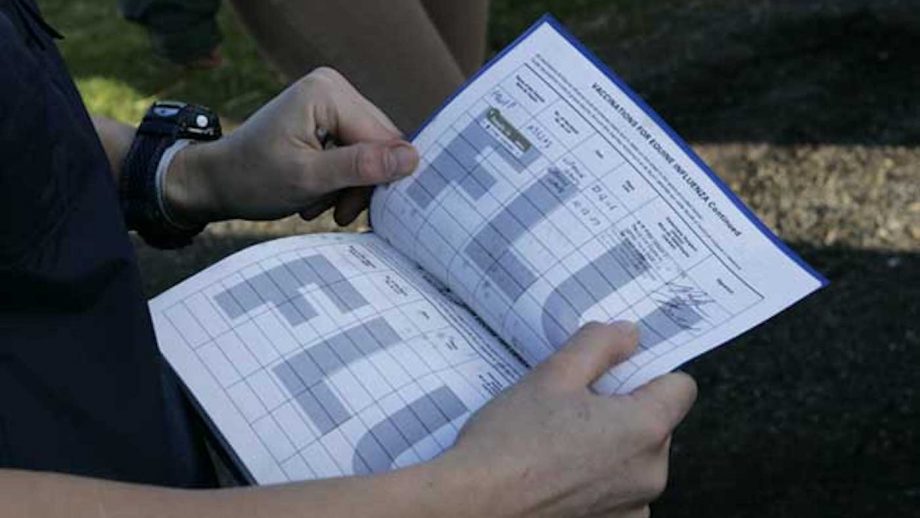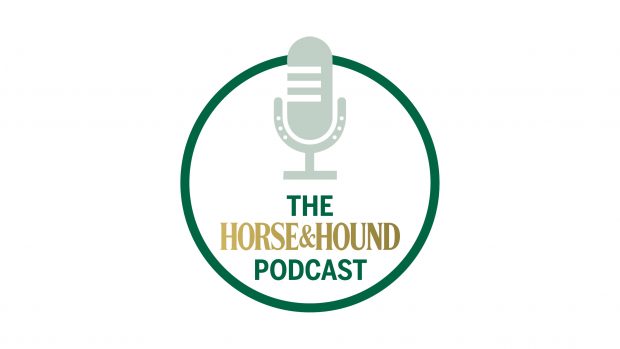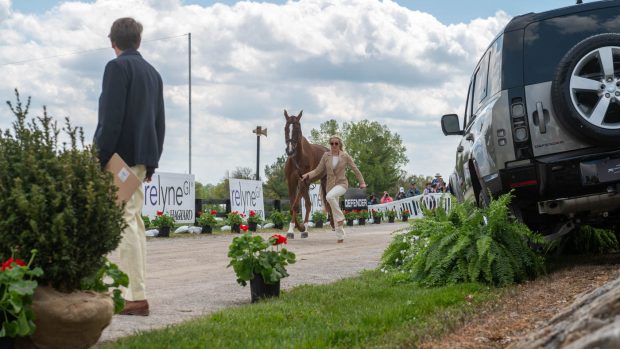Owners have been reminded to isolate any new imports to their yard as more information has come to light following further positive tests for equine flu.
The Animal Health Trust (AHT) has reported three further positive tests in Kent, Derbyshire and central Scotland — all three horses either recently arrived from Ireland or had contact with other recently imported horses.
None of the horses were thoroughbreds. According to the AHT, a total of 20 horses with varying vaccination statuses have been in contact with the Kent case, with five reportedly showing similar signs.
In the Derbyshire case, 10 unvaccinated horses have been in contact with two of these showing similar clinical signs.
The latest update from the British Equestrian Federation (BEF), issued this morning (13 February), reiterated its previous calls for owners to be “vigilant” for signs of flu and to call the vet if they have any concerns.
“Vaccinations are vital in tackling the spread of the disease so all owners must ensure that their vaccination records are up to date, and if it’s been longer than six months since the last vaccination we recommend discussing a booster with their veterinary surgeon,” said a BEF spokesman.
“The BEF also notes that the AHT reports that in all three [of these new] cases, the horses that tested positive were recently imported from Ireland or had had contact with other recently imported horses.
“Therefore the BEF asks owners to consider that any contact with recently imported horses represents increased risk as there have also been outbreaks of equine flu in other member states including France and Germany.
“All owners should follow veterinary advice by isolating any recently imported horses for a period of at least 21 days.”
Racing resumes
Racing has restarted in Britain with strict biosecurity controls in place and point-to-pointing has also been given the go ahead for this weekend.
Only racehorses vaccinated within the last six months are allowed to take part and declarations of health must be provided before horses can be unloaded at both British Horseracing Authority (BHA) fixtures and point-to-points. Health declarations will also apply to companion ponies, those taking part in pony races as well as equines ridden by horse catchers.
The BHA also has a “risk framework” in place, which places yards in categories according to the level of risk they have been exposed to. The ability of horses to be allowed to race will depend on the category its yard has been placed in.
The new vaccination rule means a number of high-profile racehorses will miss runs this weekend, including 2017 Grand National winner One For Arthur, who had been due to run at Haydock on Saturday. There is a mandatory six-day stand down period for all racehorses following vaccination.
The Point-to-Point Authority (PPA) confirmed today (13 February) that all nine fixtures scheduled for the weekend (16 to 17 February) will go ahead as planned. The only difference is the Kings Troop race at Larkhill (17 February) has been cancelled, but all other races on the card will go ahead.
A PPA spokesman said while no further official biosecurity measures are being taken, it strongly advises all horseboxes are washed between trips and everyone involved with horses should change into clean clothes before attending.
Article continues below…
You might also be interested in:

Subscribe to Horse & Hound this spring for great savings

Equine flu: what all owners need to know to protect their horses
Some fixtures are offering refunds for horses affected by the new six-month vaccination requirement, provided evidence is given, while others are not.
“All meetings have wrestled with the problem of refunds for entries made by those whose horses have not been vaccinated within the new timelines, particularly as many are now likely to run at a loss — especially as they have had to pay for extra requirements,” added the PPA spokesman.
“No decision has been made lightly and I would ask that everyone accepts their decision in these difficult circumstances.”
For all the latest news analysis, competition reports, interviews, features and much more, don’t miss Horse & Hound magazine, on sale every Thursday





